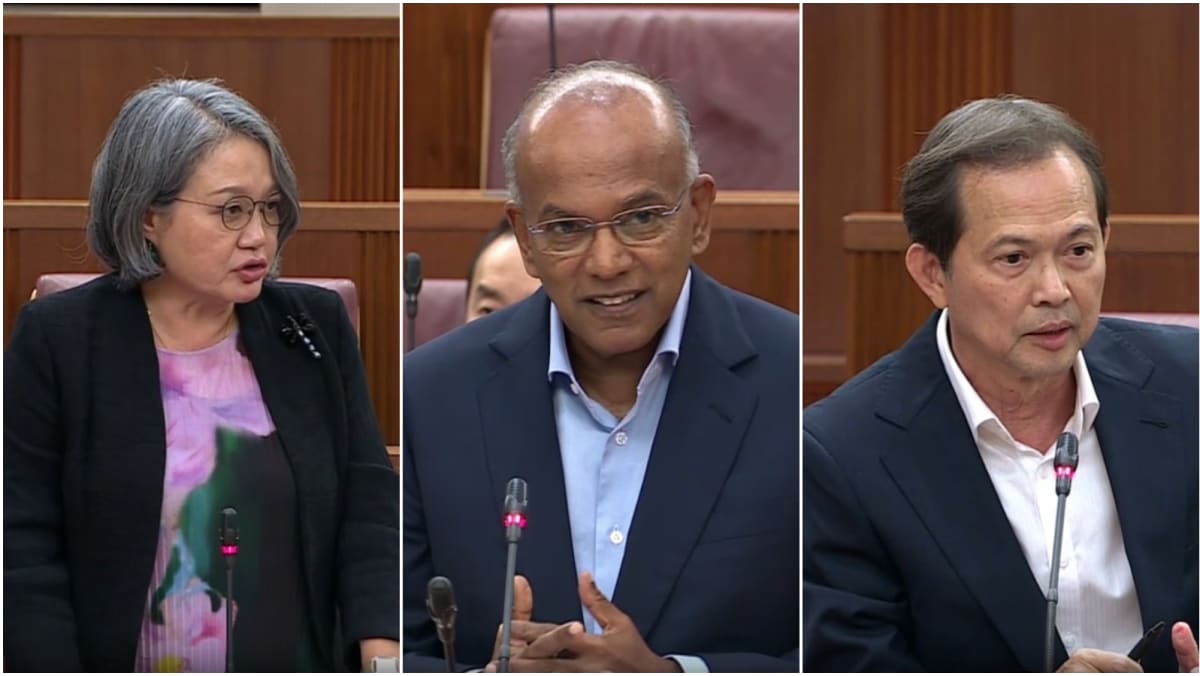The contamination of laddus is being seen as a result of state control of the temple. During YSRC’s tenure, TTD, which manages the temple complex and comes under control of the state government, had given the ghee supply contract to a private contractor, replacing the ‘Nandini’ brand of ghee, which is a product of Karnataka Milk Federation. Following the change in supplier, there were several complaints over the quality of the laddus. In June, TDP won the Andhra Pradesh assembly election that was held alongside the Lok Sabha election by a landslide. The same month it appointed senior IAS officer J Syamala Rao as the new executive officer of the TTD. As part of streamlining measures, an inquiry was ordered into the alleged poor quality, taste and texture of the laddus.
The demand for freeing Hindu temples from state control have come up from time to time but the Tirupati Laddu row has now put a spotlight on the issue.
Calls for freeing temples from state control
The Vishva Hindu Parishad on Tuesday vowed to free temples from government control across the country and said it will soon launch a nationwide campaign to achieve this goal, PTI reported. Addressing a press conference in Delhi, VHP joint general secretary Surendra Jain asserted that the organisation will also approach the court if state governments do not hand over the temples to Hindu society. “From today it is our resolve to free temples from government control across the country and hand them over to the society,” he said.
Jain said demonstrations and agitations will be held in every state and memorandum will be submitted to the governors through the respective chief ministers. Legal recourse will also be taken to seek justice, wherever required, he said.
Pejawar Mutt pontiff Sri Vishwaprasanna Tirtha Swami, lashing out over the Tirupati laddu controversy, said that religious shrines should be managed by Hindu institutions, not govts. In a video message, the pontiff said that the Tirupati incident has strengthened the Supreme Court’s observation regarding the management of Hindu religious shrines, which should be under Hindu religious institutions. “Without any delay, the religious shrine should be handed over to a Hindu religious institution,” the pontiff said.Subudhendra Teertha Swamiji of Sri Raghavendra Swamy Mutt, Mantralaya, also urged the central government to introduce legislation that would remove temples from the jurisdiction of Mujarai departments.
How Hindu temples came under government control
Writing in TOI about how state control of Hindu temples, writer Ashwin Sanghi narrated how in 1925, the British introduced the Madras Religious and Charitable Endowments Act that brought all religious establishments under government control. “But this law resulted in vociferous opposition from Indian minorities and was redrafted to exclude Muslim, Christian and Parsi places of worship. That same year the Sikh Gurdwaras Act was passed so as to bring Sikh places of worship under a Sikh council. In effect, government control was only left in place on Hindu temples,” he wrote.
“After Independence one would have imagined that government would have found a way to ensure that Hindu temples were managed by the Hindu community. Instead, the Tamil Nadu government passed the Hindu Religious and Charitable Endowments Act in 1959. Hindu temples now came under a commissioner,” Sanghi wrote.
“This was followed by most southern state governments passing similar legislation. For example, while Tamil Nadu controls and manages 44,000 temples, Andhra Pradesh is not far behind with 33,000 temples. In fact, 15 states have laws that legalise this religious discrimination. The avowed intent of such legislation was to avoid mismanagement and misappropriation of assets by temple authorities. But then consider this: Recently the Madras high court had to ask the state government to explain how 47,000 acres of temple land had gone missing from records of the state! Management of temples by government is nothing short of institutionalised plunder,” Sanghi wrote.
Last year, BJP state president K Annamalai had reiterated his demand that temples in Tamil Nadu be freed from the control of the Hindu Religious & Charitable Endowments (HR & CE) department. The TN BJP, which has a temple development wing, has, for long, been demanding that the state government free temples HR and CE department’s control.
In a case in 2019, the Supreme Court on Monday questioned government authorities taking over administration of religious places, saying the task should be entrusted to devotees as it expressed concern over the failure of various state governments in managing temple affairs.
“We had occasion to examine the issue in case of Chidambaram temple. I do not know why government officers should run the temple. In Tamil Nadu, there are many cases of theft of idols. What are government officers doing. These idols, apart from the religious sentiments, are priceless,” said Justice Bobde, who was part of the bench which passed the order on Chidambaram temple. The court was hearing a PIL on mismanagement and exploitation of devotees in Jagannath temple in Odisha. The petitioners alleged that the temple administration failed to maintain clean and hygienic environment.
(With inputs from TOI and agencies)







